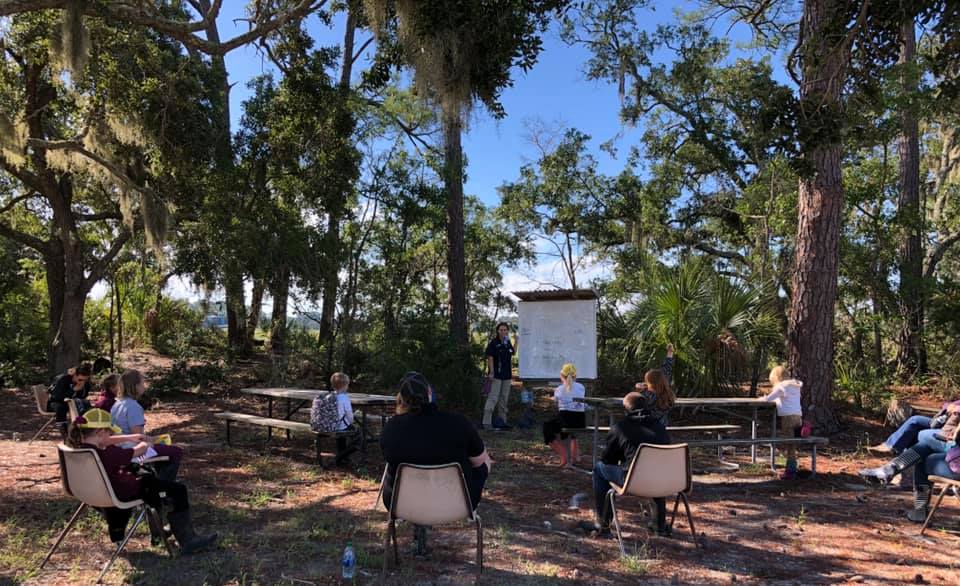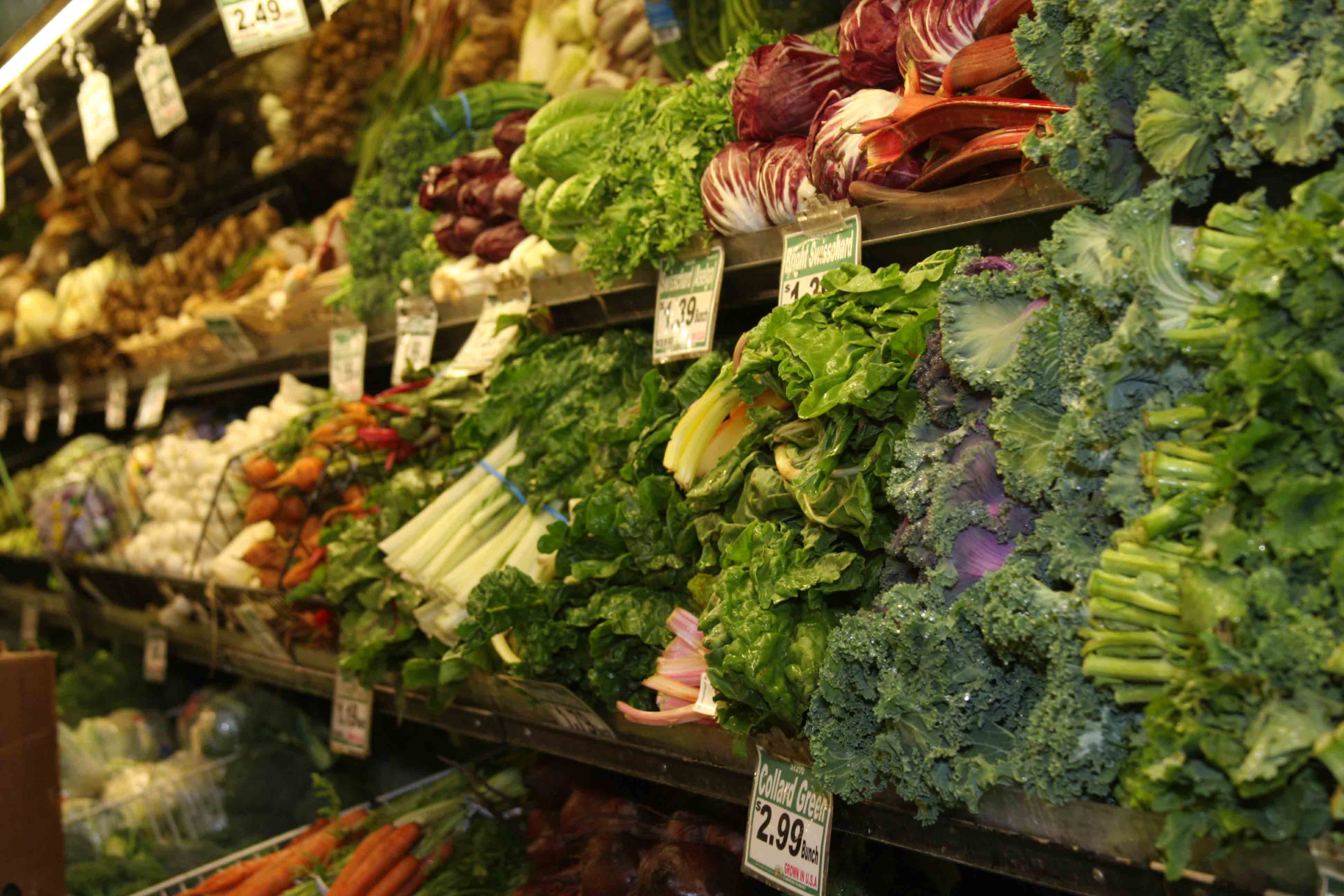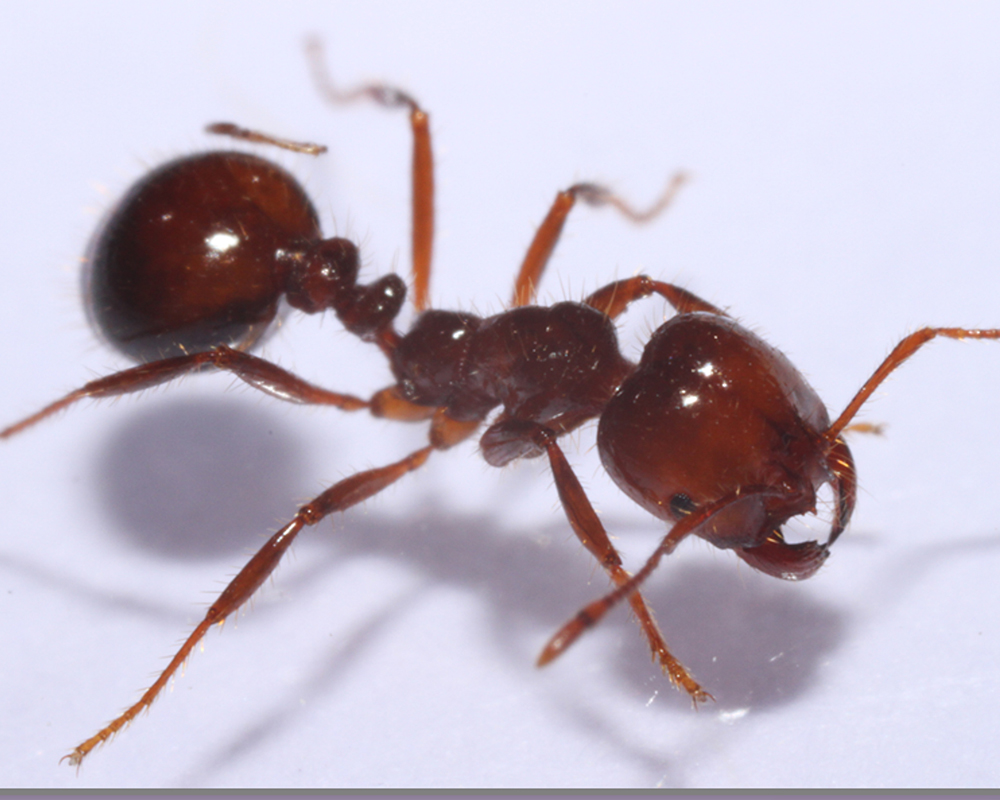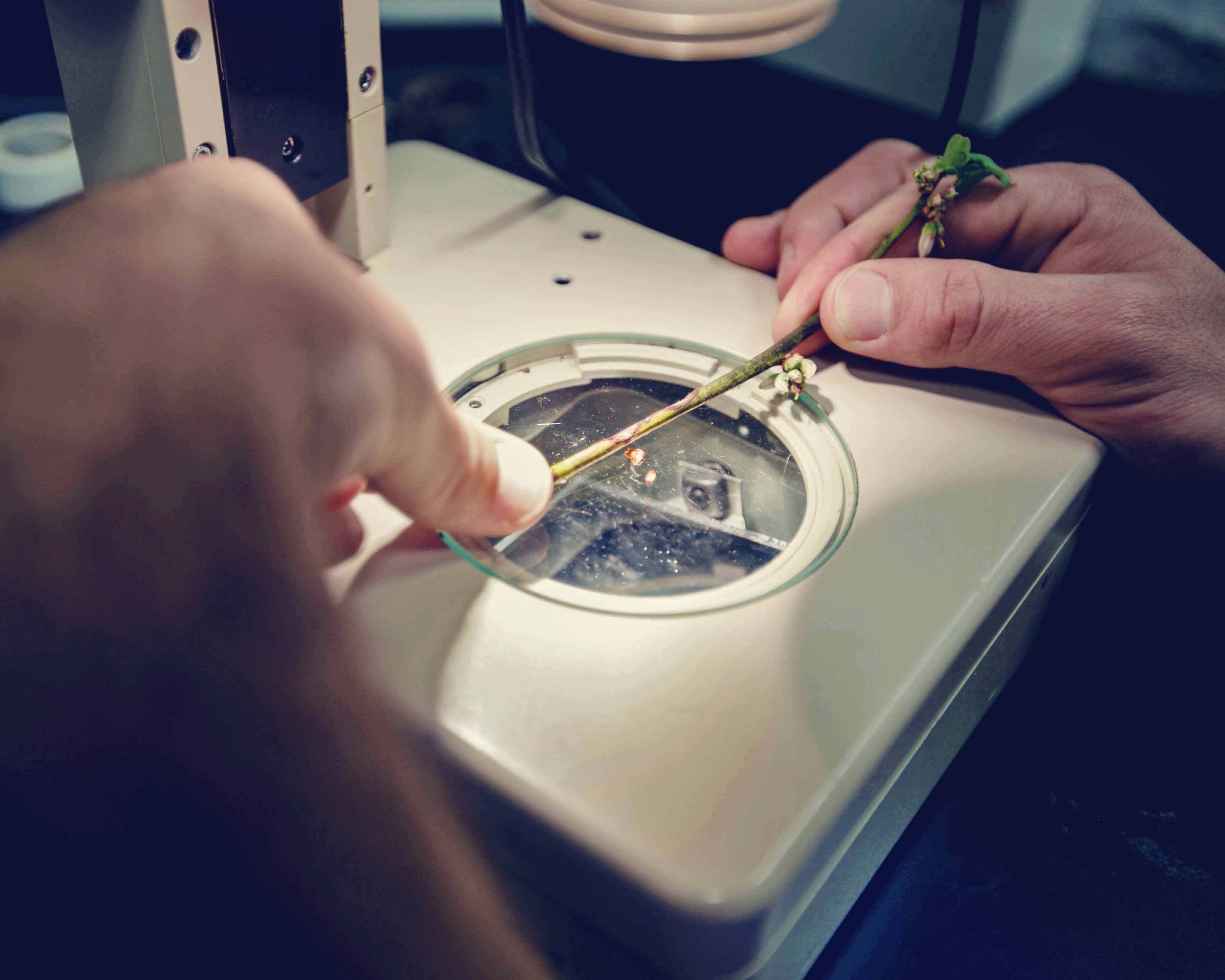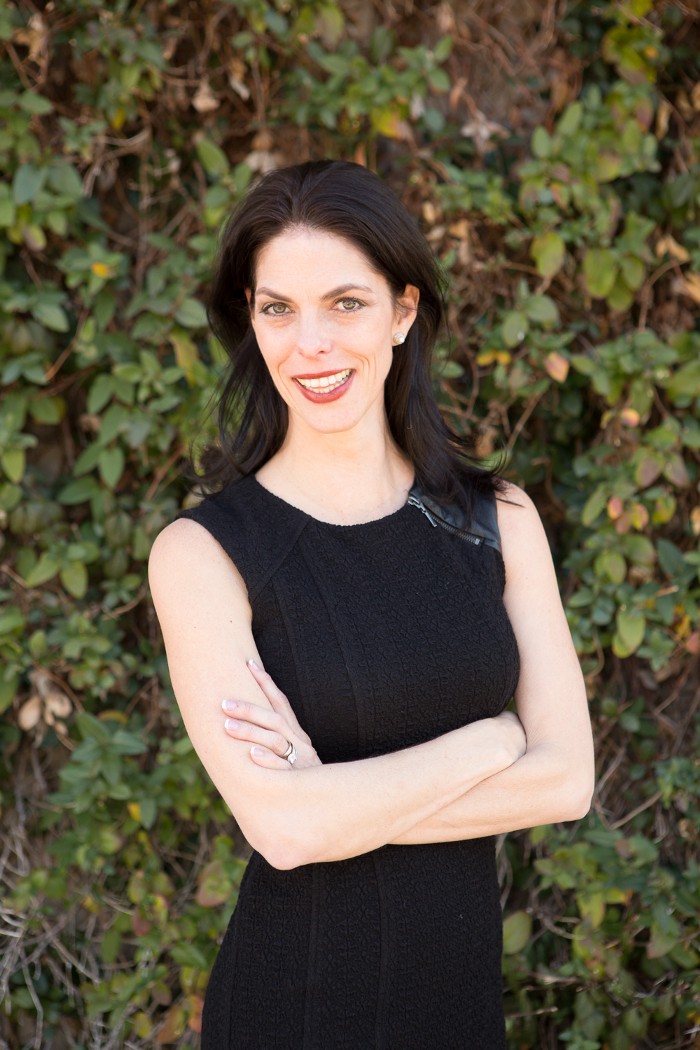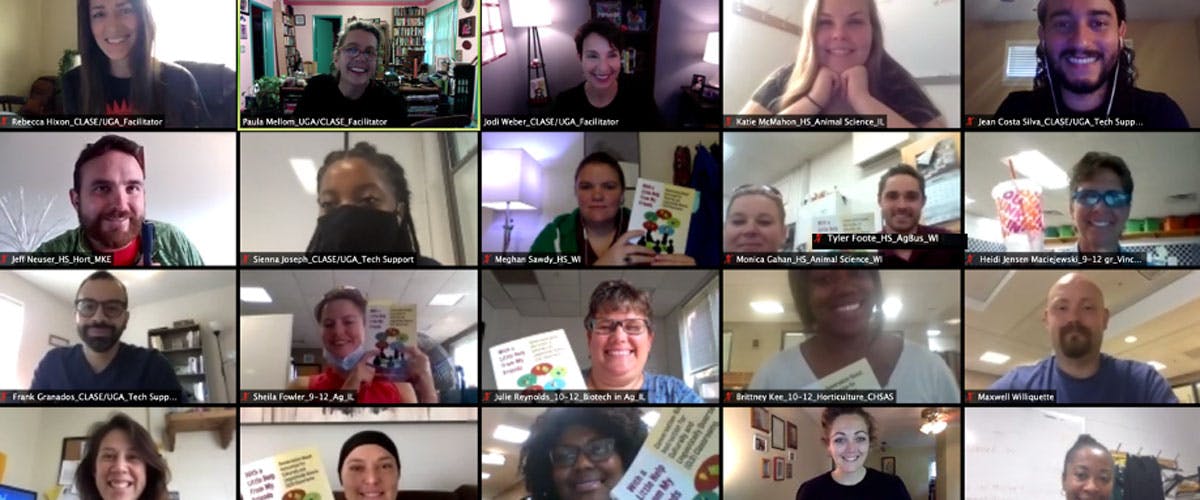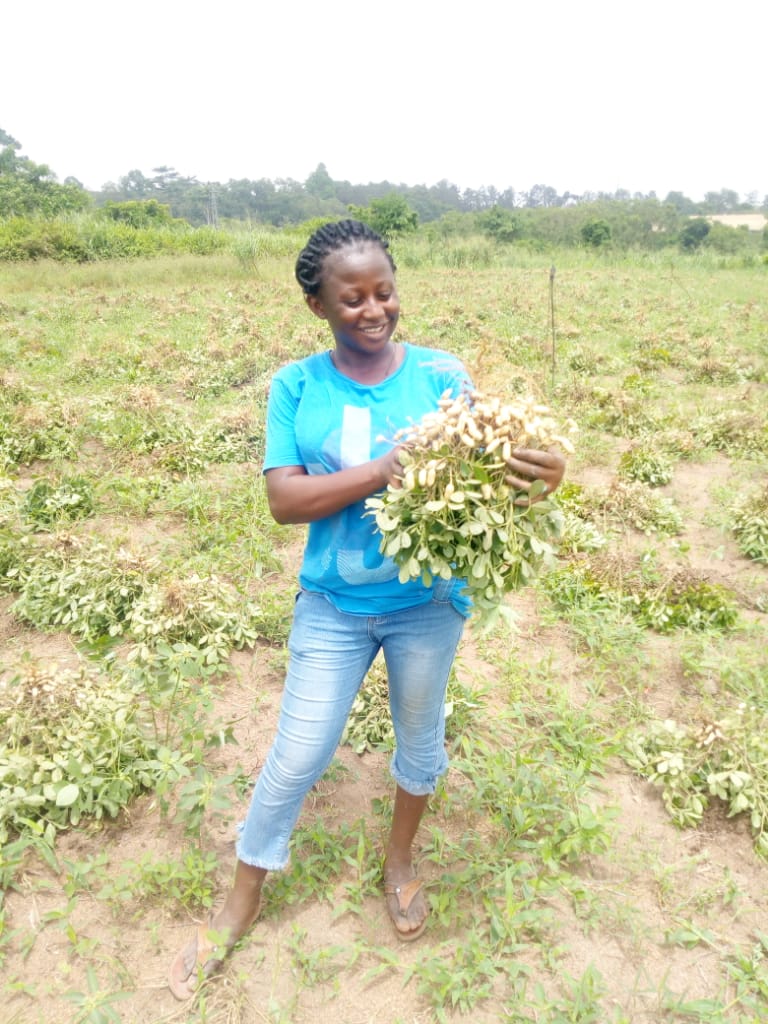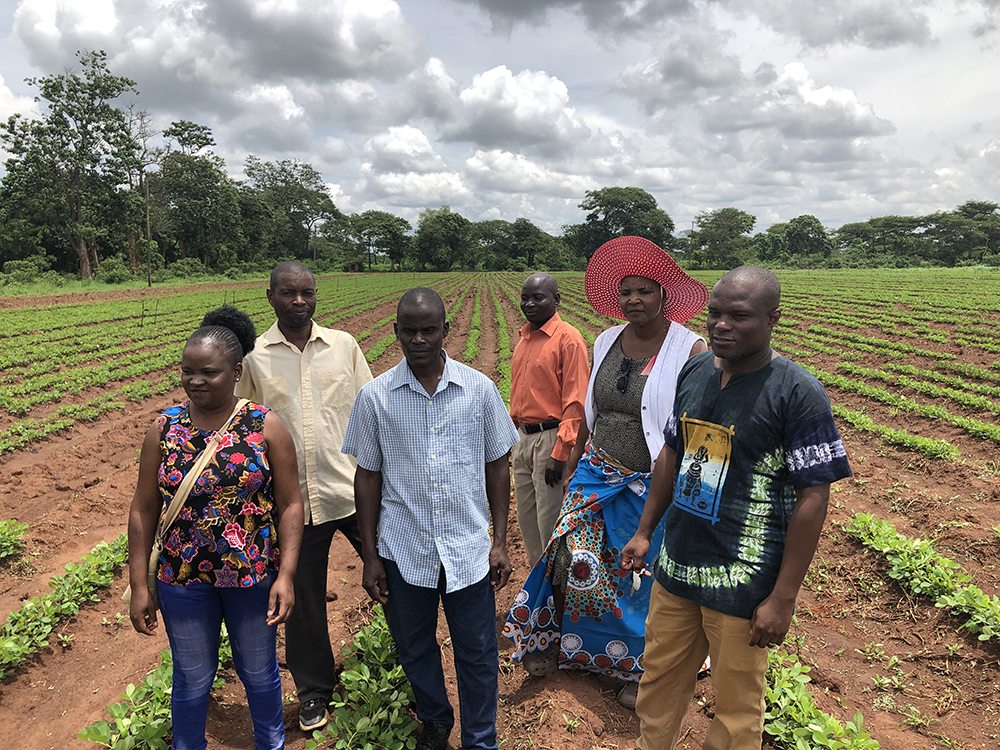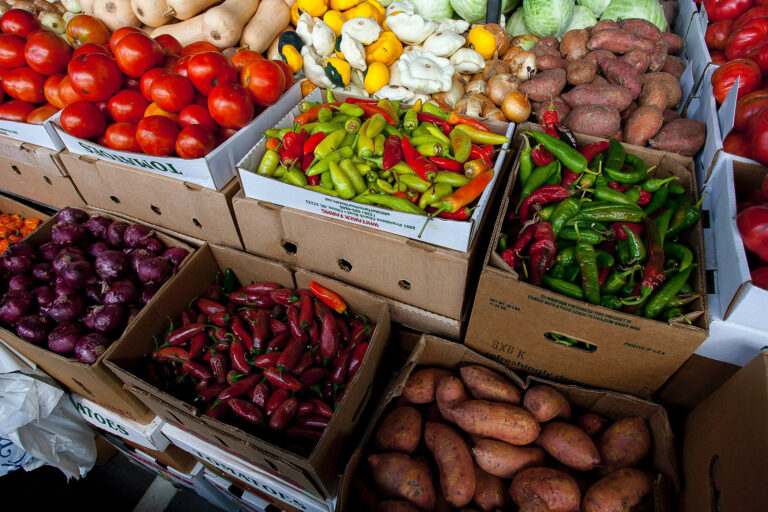 CAES News
CAES News
DDDI Goes International
Many countries struggle with food shipments being damaged or destroyed by invasive insects and plant disease. According to the United Nations Food and Agriculture Organization, between 20% and 40% of global crop production is lost to pests, with plant diseases costing the global economy around $220 billion and invasive insects around $70 billion. The University of Georgia developed technology to identify these pests and is now partnering with a government organization in Central America — OIRSA — to implement this useful tool.

